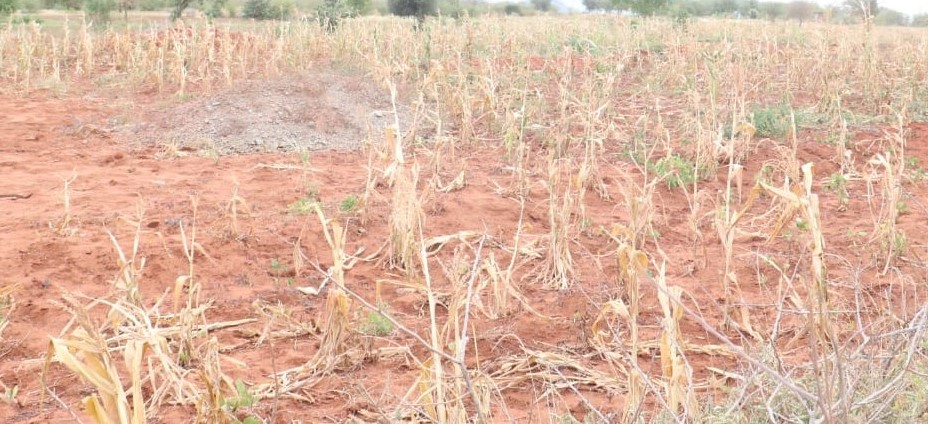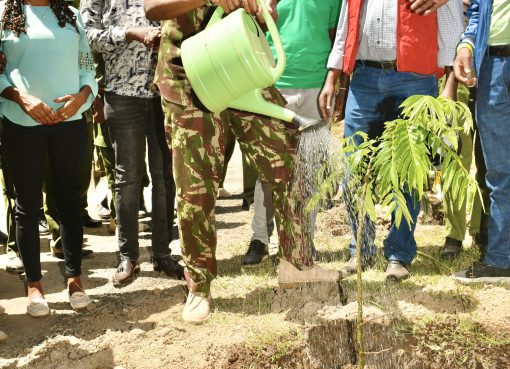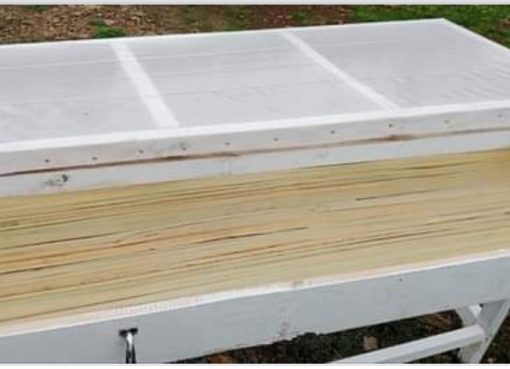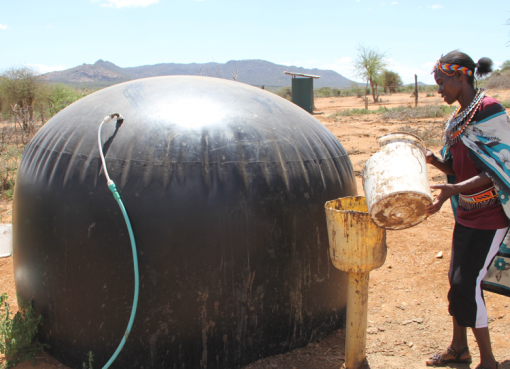Over the past 12 years, climate change has increasingly disrupted Narok County’s agricultural calendar. Unpredictable rainfall, prolonged dry spells, and severe droughts have taken a toll on staple crops like maize, as well as on livestock such as sheep, dairy and beef cows, and local chickens.
It’s barely 8 AM; the blazing morning sun in the Narok–Ololulung’a area already feels like midday.
Raphael Sankei, a local farmer managing 30 acres of maize planted in January, describes the harsh reality he faces.
“Weather patterns this year are very unpredictable,” Sankei explains. “In normal years, we experienced a long onset of rains—often lasting two weeks—that allowed our crops to progress from germination to sprouting.
Now, the rains have been scarce, and our fields are exposed to unrelenting sunlight from 7 AM to 7 PM.” He added,
“If the rains fail to pour by the end of this week, it will be a total disaster for farmers in our region.”
A few kilometres away, Ruth Nyachama, another local farmer, tends to her 15 acres of maize and beans planted in early February.
“After I planted my maize, the rains barely came, which resulted in uneven sprouting across my fields,” Nyachama laments. “This unpredictability is challenging—not just for me, but for many farmers across Narok.”
Narok County is one of the leading producers of maize in the country, with much of the planting season traditionally initiated by the January rains. However, the failure of these rains in the first quarter of 2025 has not only jeopardised crop yields but also affected livestock farming, forcing many to walk long distances in search of pasture and fodder.
In response to these challenges, some farmers have resorted to harvesting silage and utilising water stored in tanks and dams as stopgap measures to keep their crops and animals sustained during these prolonged dry spells.
Despite these efforts, the ongoing threat of erratic weather patterns remains a serious concern for the region’s agricultural future.
In Narok, maize serves as a vital cash crop, generating around 3.5 to 4 million 90 kg bags each year. However, the growing unpredictability of weather patterns poses a serious risk to crop yields and the livelihoods of farmers.
By Lamech Willy.A





